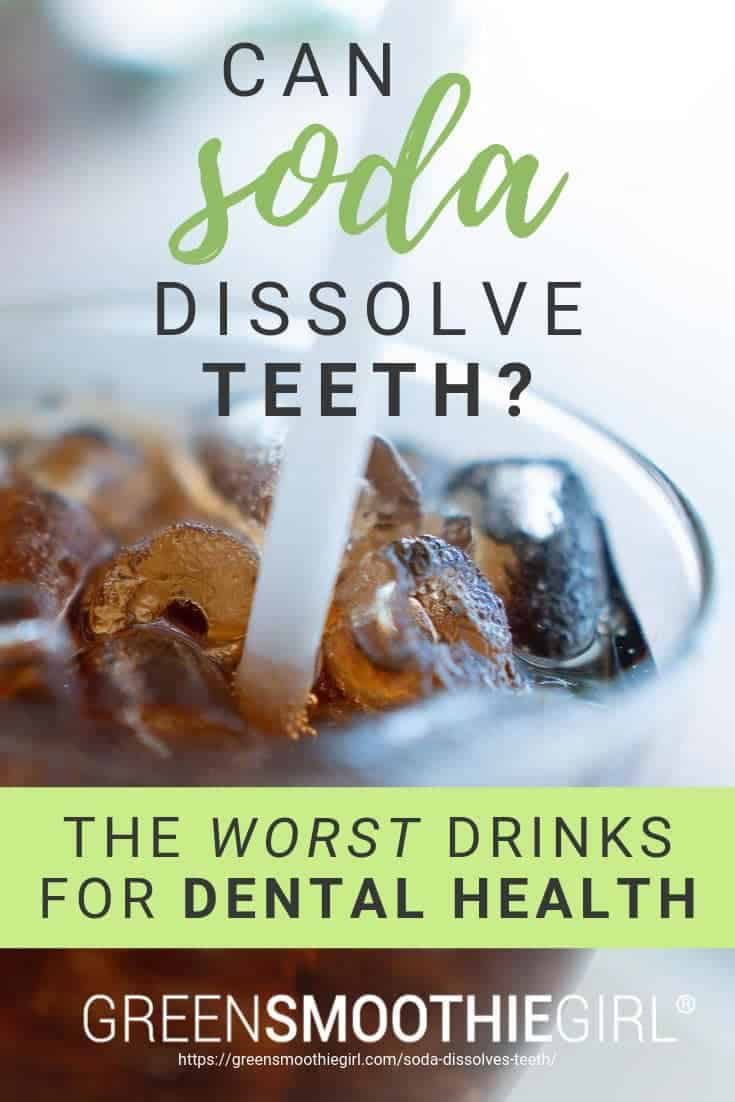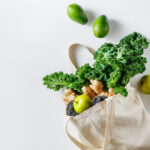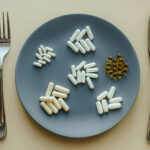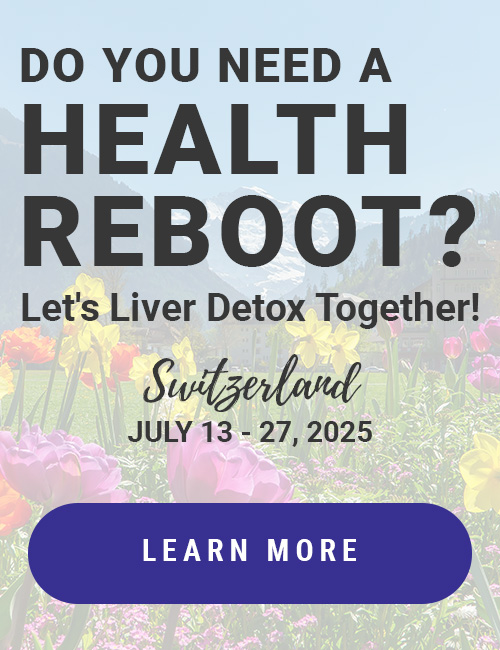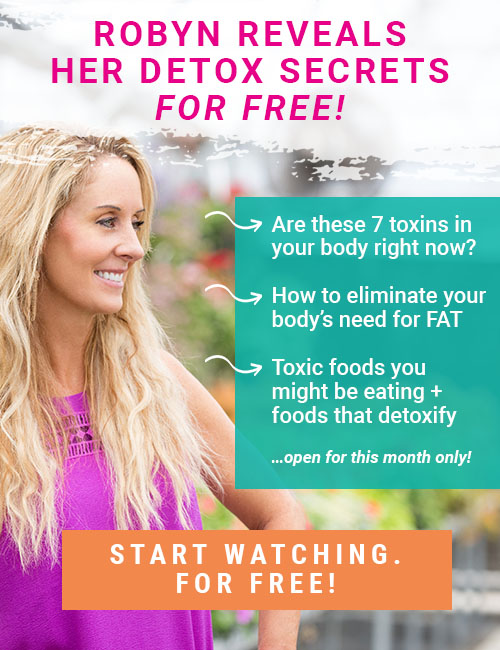Can Soda Dissolve Teeth? The Worst Drinks For Dental Health
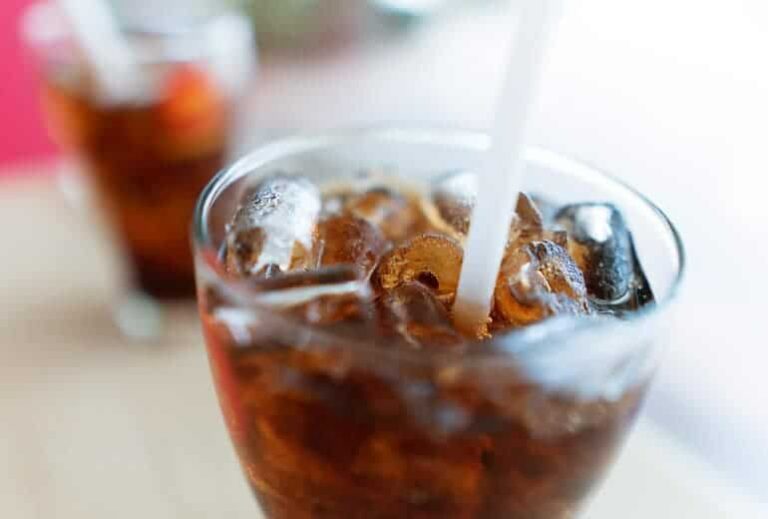
Sugar isn’t the only reason that soft drinks are anything but soft on your teeth.
Soda pop and energy drinks are also incredibly acidic, eroding tooth enamel practically on contact. Can soda actually dissolve teeth?
In this article:
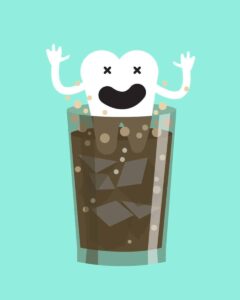
Soda and energy drinks dissolve your tooth enamel!
Which Drinks Are Hardest On Tooth Enamel?
Check out this table that my biological dentist, Dr. Michelle Jorgensen, uses to show how much of your tooth is lost in 14 days of exposure to Coke, Pepsi, Mountain Dew, and others:
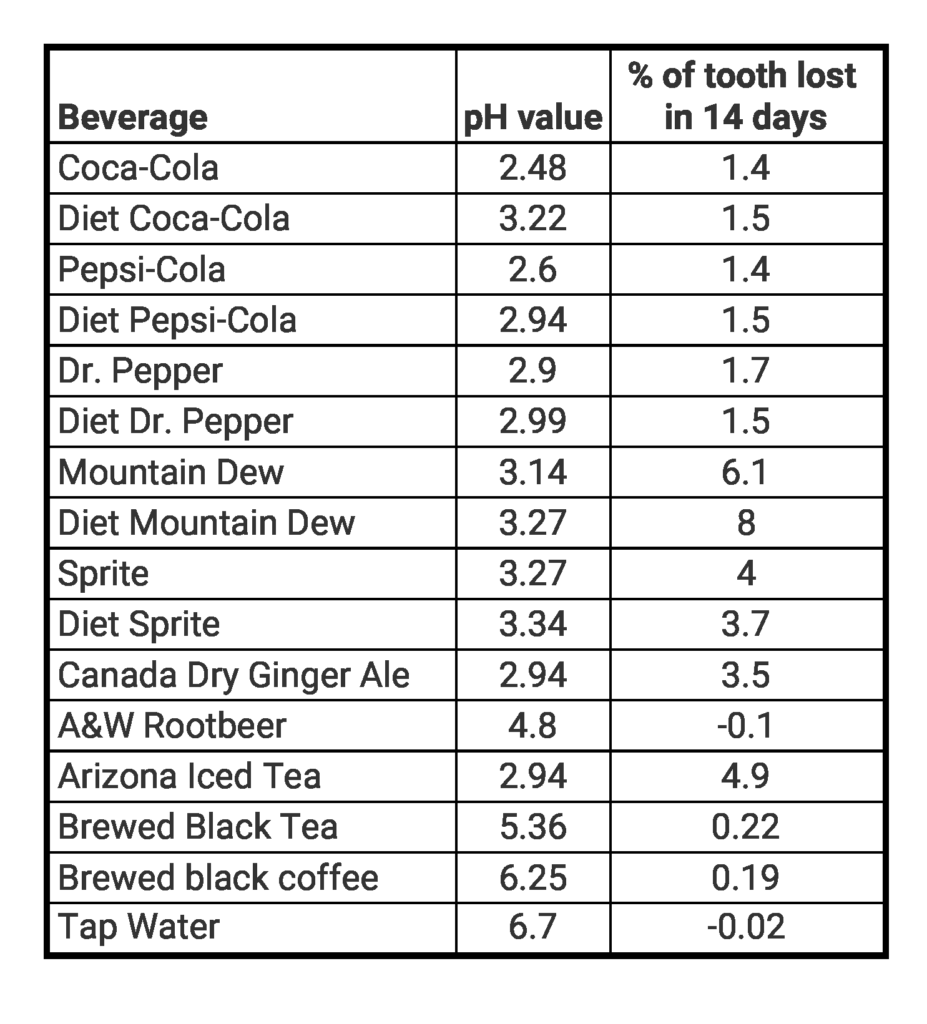
Remember – a neutral pH is 7.0. So, the lower the pH the more acidic the drink is.
If soft drinks dissolve hard enamel, what are they doing to vulnerable soft tissues and organs?
Dr. Jorgenson included some other drinks, like tea and coffee, for comparison.
Remember, a neutral pH is 7.0. So, the lower the pH, the more acidic the drink is, by a factor of 10.
For instance, a pH of 5 is 10 times more acidic than a pH of 6, and 100 times more acidic than a pH of 7.
This means that Diet Dr. Pepper, at a pH of 2.99, is 10,000 times more acidic than neutral! And some soft drinks are even worse.
The dentin in your enamel begins eroding at a pH of 6.5 (and the enamel itself at 5.5), so avoiding acidity in your mouth is crucial for protecting your teeth. So, soda really can dissolve your teeth.
Note that even tap water is generally more acidic than neutral, which is why I drink and brush with alkaline water.
[Related Article: 11 Simple Ways to Remineralize Your Teeth & Stop Cavities]
How To Protect Your Tooth Enamel
The double-whammy of sugar and acids in soft drinks and other beverages is devastating to your teeth.
Dr. Jorgenson has some tips for protecting your family’s tooth enamel, even if you can’t kick the soda habit or stop eating sugar:
- Limit your soda and sugar intake to only once in a 24-hour period, and all in one sitting, because the worst thing you can do is eat it throughout the day (which means your body constantly has the strain of having to neutralize those acids and pump insulin throughout the day, etc.)
- Brush and floss thoroughly after having soda, sugar, and other highly acidic foods.
- Brush your child’s teeth from behind, putting your hand under the chin and pulling their head back–much like the dentist does, because you can see in the mouth and reach all the surfaces that way.
- Gently put baking soda on your teeth and swish it in your mouth for as long as you can before rinsing, for alkalinity. (Don’t brush with it, though, as it is abrasive on your teeth.)
- Avoid whitening and tartar-control toothpastes, which are terribly hard on your teeth. The chemically-achieved slippery “feeling” of clean, and the minty taste, give you a false sense of security about your teeth actually being clean.

Help your child brush their teeth by putting your hand under the chin and pulling their head back, like the dentist does.
The health of your teeth and gums is foundational to the health of your whole body! Holistic or “biological” dentists like Dr. Jorgenson understand that, and they treat your mouth as part of the whole “you.”
Find your own biological dentist with our free Holistic Dentist Finder, and grab our Healthy Mouth, Healthy Life Video Masterclass while it’s still 80% off!
This course is 12 videos by Dr. Jorgensen and me, teaching you everything that biological dentists would share with you about which products to use (and avoid), DIY tips for caring for your dental health at home, how to find the best biological dentist near you, what diagnostics and treatment options you have instead of metal fillings and root canals, and much more.
Read next: A Dentist on Natural Teeth Whitening–And Which Procedure to Skip

Disclosure: This post may contain affiliate links that help support the GSG mission without costing you extra. I recommend only companies and products that I use myself.
Posted in: Dental Health


